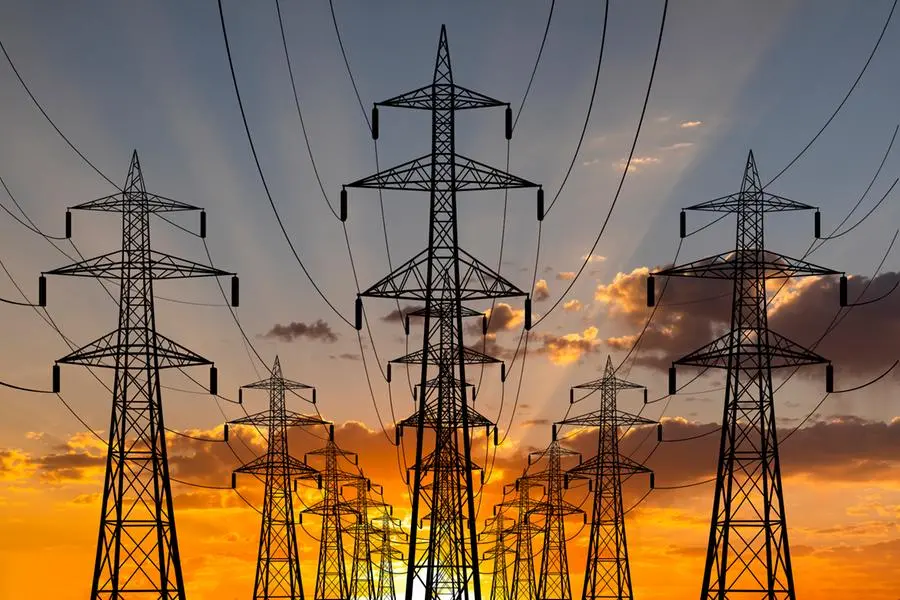PHOTO
President Samia Suluhu Hassan on Thursday dissolved the Tanzania Electric Supply Company (Tanesco) board of directors amidst growing public discontent over frequent power rationing.
Major General Paul Kisesa Simuli, the former board chair, now assumes the role of Tanzania’s ambassador to Uganda, ushering in Dr Rhimo Nyansaho, director of business development at Azania Bank, as the new board chair.
The change in leadership at Tanesco is not an isolated incident. This year, former boss Mr Maharage Chande was reassigned to the Tanzania Posts Corporation (TPC) as new Postmaster General, and his position at Tanesco is now held by Mr Gissima Nyamo-Hanga.
Read: EA states struggle with power cuts amid high capacityCurrently, Tanzania is under power rationing caused by reduced generation. Low generation is a result of inadequate water levels in dams and repairs to the electricity infrastructure.
Maintenance issues and climate change-induced water shortages are said to have caused a 400-megawatt shortfall.
Speaking recently during 2023’s President’s Manufacturer of the Year Awards (PMAYA) here in the city, chairperson of the Confederation of Tanzania Industries (CTI) Paul Makanza said beverage manufacturers operating costs shot up fivefold when they use generators instead of electricity from the national grid.
A 2022 study by the London School of Economics and Political Science, in collaboration with the CTI, established that electricity was a major constraint to industrial growth.
While leadership transitions often promise fresh perspectives, experts in the field believe that Tanzania’s electricity sector’s challenges demand a deeper, more strategic approach.
Chief Executive Officer of the Institute of Management and Entrepreneurship Development, Dr Donath Olomi, said in terms of electricity supply, the exact root cause of the challenges is yet to be figured out. However, this issue indeed has significant economic implications.
Read: Tanzania faces power shortages, rationing due to drought“One of the plans we can consider as a country is to expand the energy mix, meaning to have more than one energy source,” he noted.
This deliberate measure involves the promotion of increased use of renewable energy technologies (solar, wind, biomass, waste, micro-hydro), natural gas, and other locally available energy sources, including coal and geothermal.
Mzumbe University’s economist, Dr Daudi Ndaki, echoed the sentiments, saying; “Energy requires both short-term and long-term plans. We can continue to invest in renewable energy sources like wind and solar, especially in semi-arid central regions like Singida."“However, we should not neglect investment in hydro because its energy is still sustainable for our country’s environment,” said Dr Ndaki.
He said there is also a huge opportunity in geothermal energy. At the same time, on the government's side, there’s a need for policies that support the expansion of the energy mix and promote environmental sustainability.“For these investments, we can obtain financing through Public-Private Partnerships (PPP),” said Dr Ndaki.
According to 2019 data from the most recent 2020 National Power System Master Plan (PSMP), natural gas accounts for 57 percent of Tanzania’s generation capacity, while hydropower accounts for 37 percent. These ignite the country’s grid.
Off-grid capacity is still available, with liquid fuels providing most of the energy, while scattered biomass facilities account for less than one percent of total generation capacity.
The PSMP intends to change that to 28 percent from hydropower, 33 percent from natural gas, and 26 percent from coal, and just over 12 percent from wind, solar, and geothermal energy by 2044, but it is unlikely that this combination will be reached.
Read: Dar's power cuts hamper internet accessThese targets are influenced by the growing demand for electricity according to the government by 2022/23 fiscal year, the average electricity demand was 1,363.94MW, representing a 6.9 percent increase compared to the average of 1,276.43MW in 2021/22.
Tabling the 2023/2024 budget the then Energy minister January Makamba said, “The electricity demand has rapidly increased in the ending year, where the record for peak demand has broken eight times, which is unprecedented in the country’s history,”“Moreover, the current electricity production in the country does not align with the rapidly growing economic and social activities, resulting in a significant infrastructure deficit for electricity transmission and distribution,” he said.
Tanesco, as the nation’s primary electricity provider, shoulders the responsibility of meeting the burgeoning energy demands of industries and households alike.
As Tanzania navigates these critical junctures, the spotlight remains on the new board led by Dr Nyansaho. © Copyright 2022 Nation Media Group. All Rights Reserved. Provided by SyndiGate Media Inc. (Syndigate.info).
THE CITIZEN





















